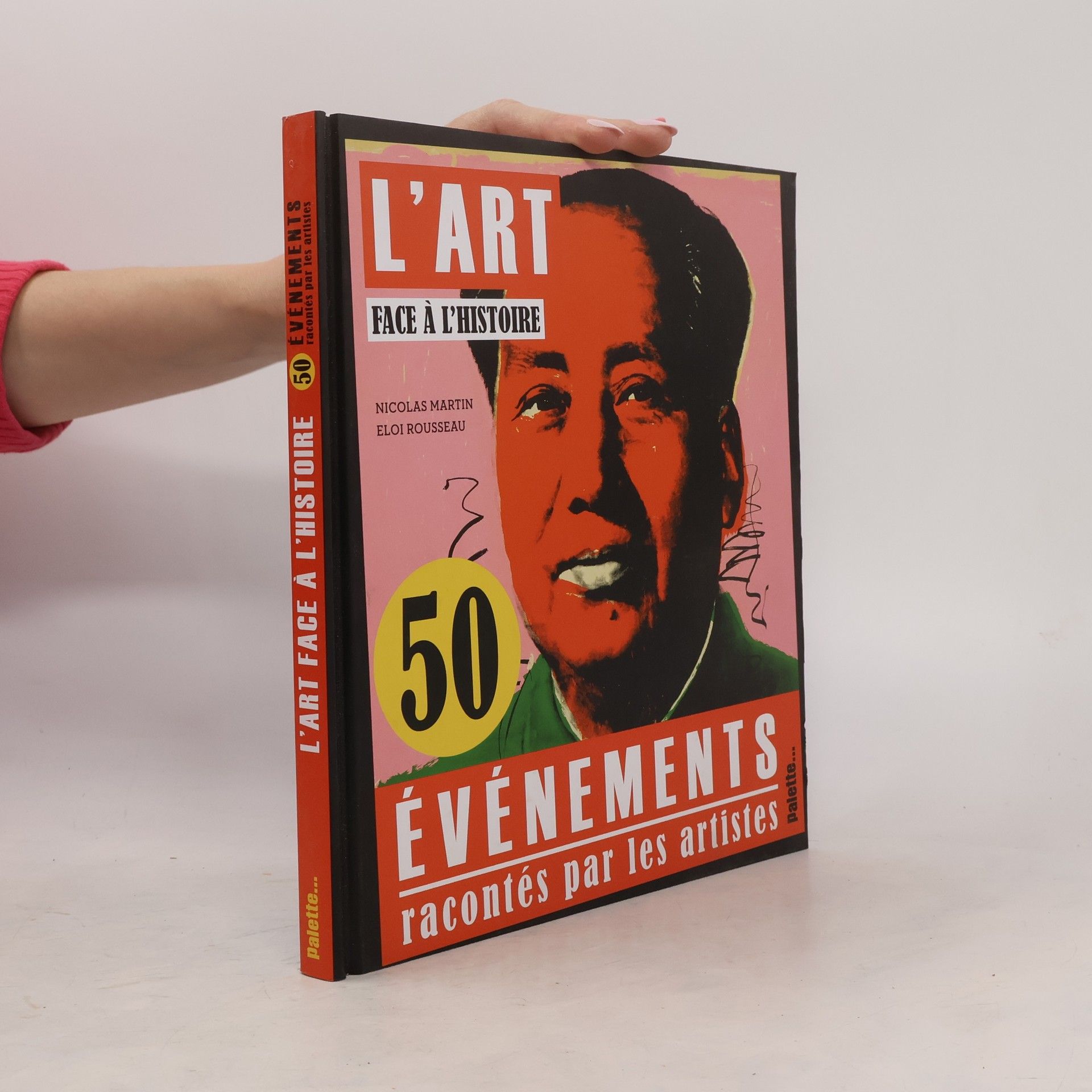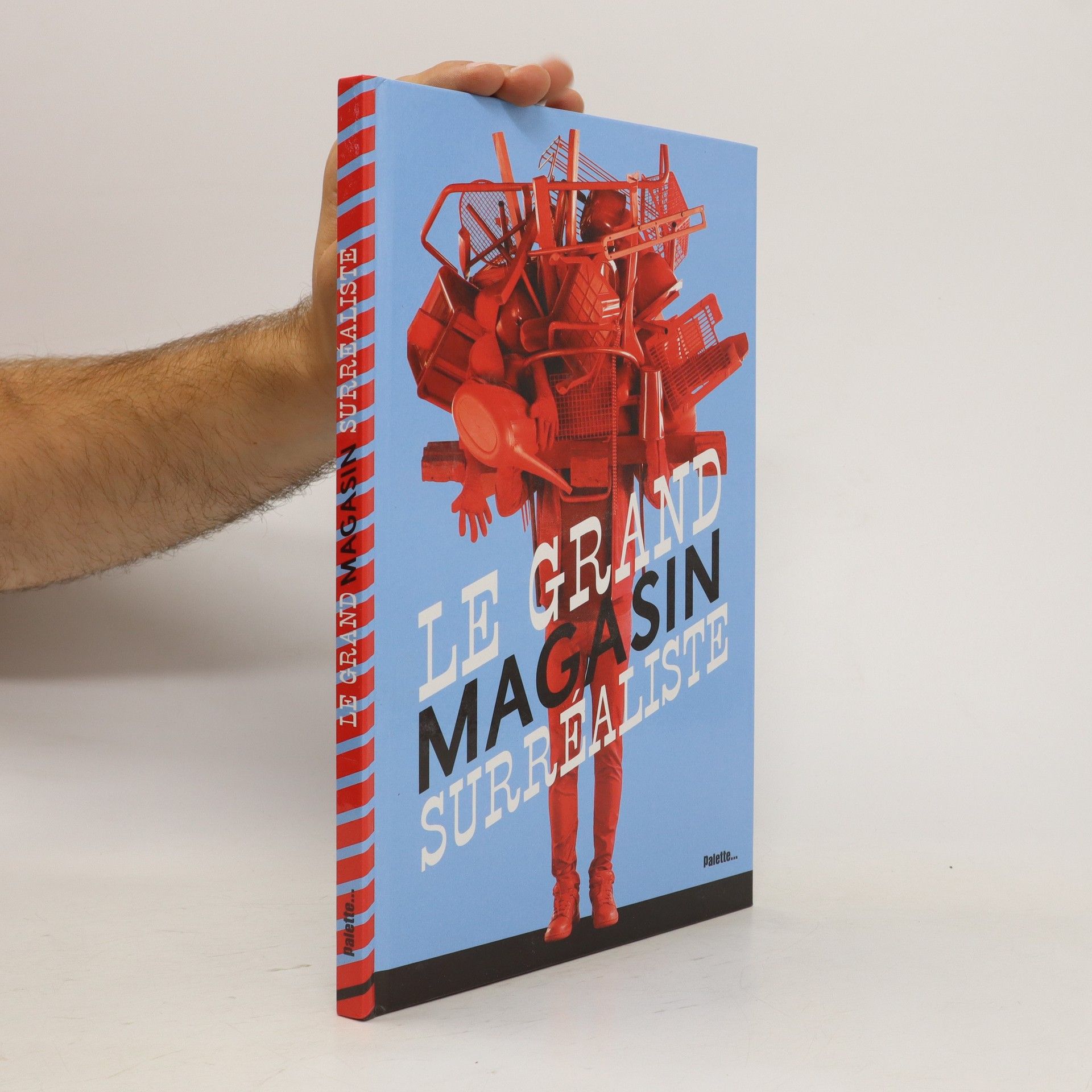Un catalogue loufoque d'objets étranges et incongrus conçus par des artistes, du surréalisme à l'art contemporain, dans toutes les catégories (outils, meubles, cuisine, sport, musique, automobile, vêtements, téléphones...). Inutile et indispensable !
Nicolas Martin Book order (chronological)


"Après la Révolution française, les artistes commencent à conquérir une liberté nouvelle. Lorsqu'ils illustrent les événements de leur époque, ils ne sont plus obligés d'adopter le point de vue des rois et des puissants. Ils en donnent une vision personnelle, qui exprime leurs engagements, leurs espoirs et leurs angoisses. Napoléon vu par David, la Première Guerre mondiale selon Otto Dix et les futuristes, la terreur stalinienne vue par Malevitch, la guerre d'Espagne par Picasso et Miró, les années Kennedy d'Andy Warhol... Cet ouvrage nous fait découvrir 50 événements, de 1789 à nos jours, racontés par des artistes qui nous révèlent la face cachée de l'Histoire !" [Source : 4e de couv.]